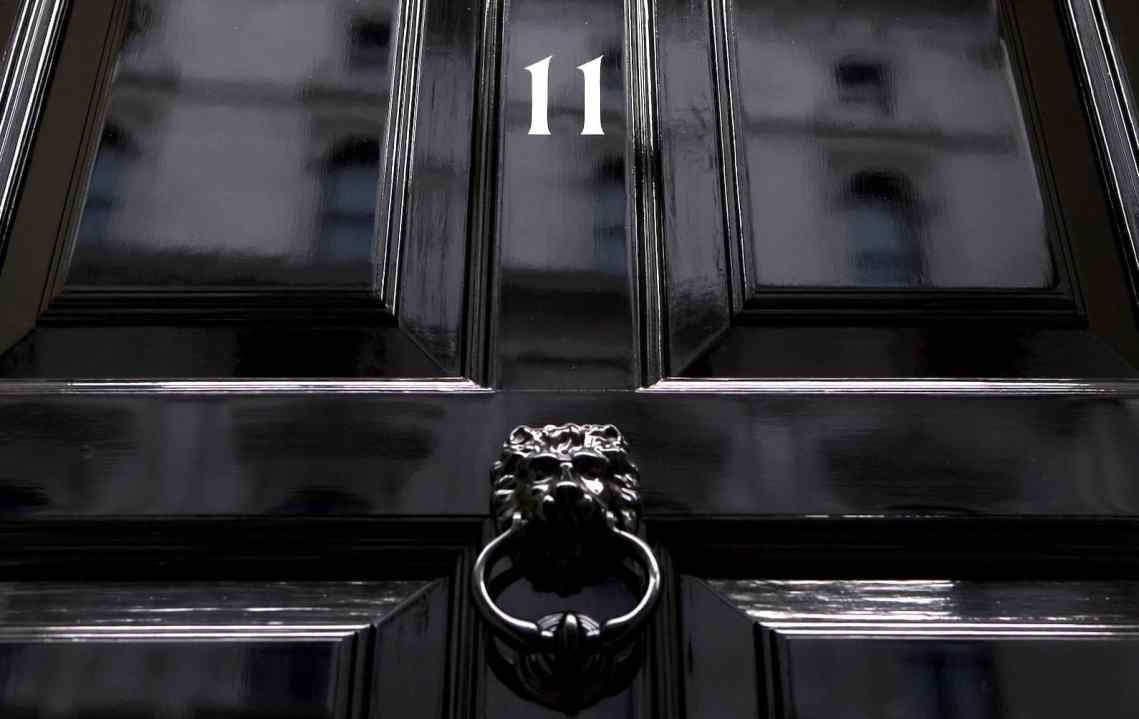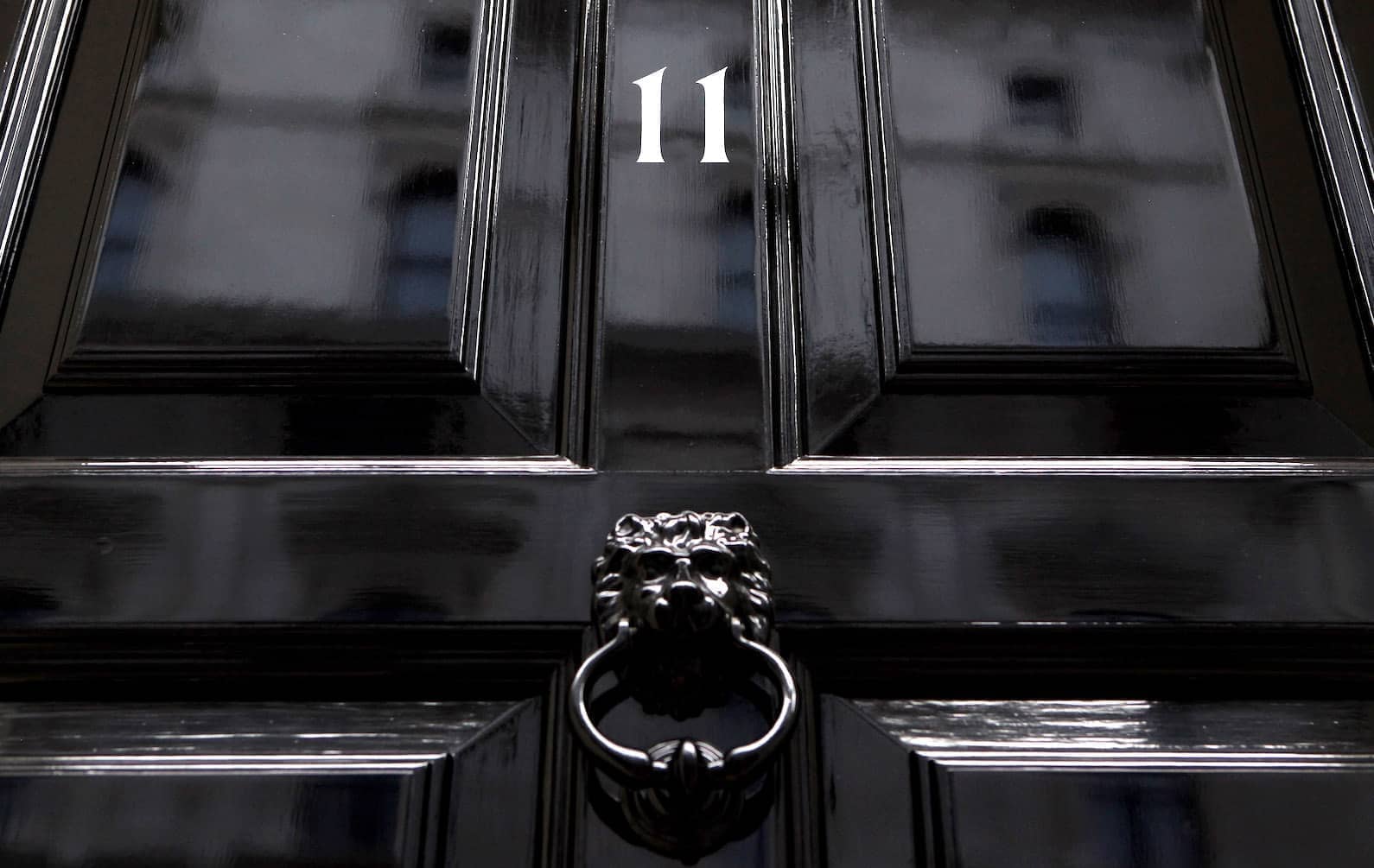The government’s position has become so precarious – and its credibility with the markets so low – that even waiting another two weeks to announce the ‘medium term fiscal statement’ became too big a gamble. By moving the announcement forward to today, Jeremy Hunt is removing the uncertainty of creating a two-week gap between the end of the Bank of England’s intervention in the gilt market and the government’s announcements. And markets are tentatively responding well. Ten-year gilt yields started dropping considerably when the market opened at 8 a.m., from 4.3 per cent down to just under 4.1 per cent. You can follow along with hourly updates via The Spectator’s data tracker here.
That is what Hunt has to tackle today: that hubristic attitude that saw markets lose their confidence in the government’s ability to practice fiscal restraint
But this good news does little to offset the ugly realities that are going to come to light when the Chancellor makes his announcements today. Hunt has been warning this weekend that further aspects of Liz Truss’s mini-Budget are going in the bin: that not all tax cuts will stay, and other taxes will need to rise further still. It has led to warnings over the weekend, including from Goldman Sachs, that this could spell a harder and more sustained recession for the UK economy – not least because the rise in corporation tax will deter investment and the growth agenda, as Fraser Nelson details here.
All this serves as a reminder about what’s really gone so badly wrong over the past few weeks. Markets are not political: their reaction to the mini-Budget was not about any kind of ideological belief against tax cuts or even favourable tax policies for the rich. That’s why the decision to reverse plans to abolish the 45p tax rate did nothing to calm their reaction – because it only accounted for £2 billion of the £45 billion tax-cutting package that created an even wider hole in the public finances.
This is what markets feared: a government that planned to heavily increase day-to-day spending (it could have been on anything – tax cuts, more giveaways), announced without any credible plans to account for the money. The combination of the energy price guarantee – set to cost at a minimum the amount of furlough, and on the higher end, upwards of £150 billion – and then tax cuts without an utterance about fiscal discipline is what lost the government credibility with markets. Not one policy or another – but an attitude that they could borrow all they liked with impunity.
That is what Hunt has to tackle today: that hubristic attitude that saw markets lose their confidence in the government’s ability to practice fiscal restraint. But it means he will have to go much further to make the sums add up than he perhaps would have needed to do before the chaos. There was a time, just weeks ago, when the government might have got away with a slight challenge to the Office for Budget Responsibility’s forecasts, able to convince markets that their plans would fill in some of the gaps. Indeed, several other independent forecasters assumed the tax cuts would add 0.5 per cent growth to the economy – certainly not nothing in terms of additional revenue.
But having cut the OBR out so explicitly in September and having lost any kind of goodwill with the markets, today’s statement is no longer about balance, but about appeasement. Expect today’s tax announcements and plans for spending cuts to be both blunt and far more rigorous than had ever been discussed on the leadership campaign trail.
That’s because they never had any real plans to trim spending in the short term, and now the government is having to do so overnight. It’s perhaps the worst way to come up with a spending policy, especially one billed as a ‘medium-term’ plan. But given the mistakes of the past few weeks, it is the only option left.








Comments